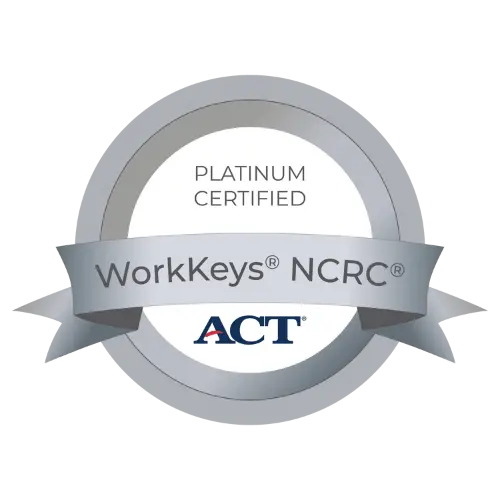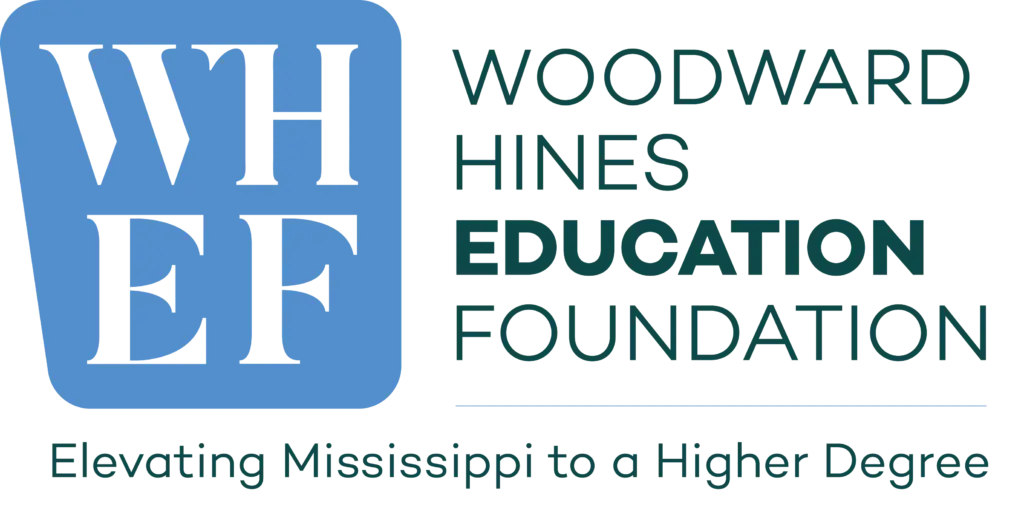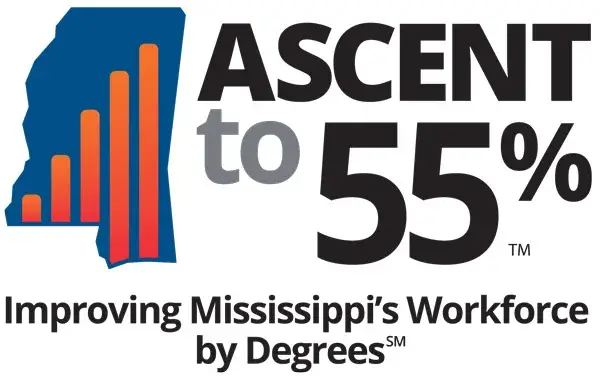ACT WorkKeys In the Know
platinum Certification
National Career Readiness Certificate (NCRC) Platinum Certified
Platinum NCRC earners have validated their essential foundational workplace skills by scoring a Level 6 at the silver level on ACT's WorkKeys Applied Math, Graphic Literacy, and Workplace Documents assessments. An earner may have scored higher than a level 6 on one or two of the assessments, but the NCRC level is determined by the lowest score achieved on the three assessments.
By earning the Platinum NCRC, the individual has demonstrated at a minimum the following skills:
Applied Math
- Characteristics of Items:
- May require considerable translation from verbal form to mathematical expression
- Generally require considerable setup and involve multiple-step calculations
- Skills
- Use fractions with unlike denominators and calculate reverse percentages
- Convert units within or between systems of measurement where multiple-step conversions are required and the formulas are provided such as converting from kilometers to meters to feet
- Identify why a mistake occurred in a solution
- Find the best deal from a group of solutions and then use the result for another calculation
- Find the area of basic shapes when it may be necessary to rearrange a formula, convert units of measurement in the calculations, or use the result in further calculations
- Calculate the volume of rectangular solids
- Calculate rates, production rates, rate by time
- Identify the correct equation for solving a problem
Graphic Literacy
At Level 6, workplace graphics are common with familiar content, and are of simple or low moderate difficulty.
- High moderate graphics may be less common with less familiar content and have the following characteristics:
- A moderate amount of data
- More than one level of data; nesting allowed
- Many variables
- If there are axes, there will be one or two
- If a low moderate graphic and a simple graphic or another low moderate graphic are required to solve a problem, the combination should be considered a high moderate graphic
- Difficult graphics are likely to be less common or a composite of graphics with less familiar content, and have the following characteristics:
- Data present is dense
- More than one level of data; nesting likely
- Many variables
- If there are axes, there may be two or more
- If a high moderate graphic is used with either a simple, a low moderate, or a high moderate graphic to solve a problem, the combination of graphics should be considered a difficult graphic
- At Level 6, employees have demonstrated all of the skills defined at Levels 3, 4 and 5, and they can use a high moderate and one difficult graphic to perform the following tasks:
- Compare two or more pieces of information
- Location information in a graphic using information found in another graphic
- Make reasonable inference or decision based on one graphic after finding information in another graphic
- Justify an inference or decision based on information
- Identify and/or justify the most effective graphic for a task
Workplace Documents
The Workplace Documents assessment measures skills that individuals use when they read real workplace documents and use that information to make job-related decisions and solve problems. The documents include messages, emails, letters, directions, signs, bulletins, policies, websites, contracts, and regulations.
- Characteristics of Items:
- They use mostly complicated sentences
- Documents may be long and/or complex and/or contain conditional situations
- There are implied and/or extraneous details with difficult words, jargon, and technical terms
- Most of the information is not clearly stated
- Meanings may need to be determined from context
- When employees use Level 6 skills on the job, in addition to using the skills at Levels 3, 4, and 5, they can:
- Infer implied details
- Infer the meaning of an acronym, jargon, or technical term from context
- Apply information/instructions to a situation not directly described or to a completely new situation
- Apply principles inferred in a passage to a situation not directly described or to a completely new situation
- Identify the rationale behind a procedure, policy, or communication
HOW TO USE IT
SOCIAL MEDIA
Share your achievement on social media! Especially on channels/platforms you use to communicate with employers.
LABOR MARKET INSIGHTS
Based on your skills, you can learn which employers are hiring, what job titles you might be qualified for, salary ranges, and more.
UPDATE YOUR RESUME
Be sure to include your badge along with your diploma, degrees, or other accomplishments.
DIGITAL TRANSCRIPT
Use your WorkKeys badges to further your education and see what career-specific training is out there.
PROMOTION
Your badges tell employers you have the skills needed to succeed. Include your badges when applying for jobs at your current employer or prospective jobs.
NEW CAREER
Your WorkKeys accomplishment is just the beginning. Search for new career opportunities and training pathways.
Who is eligible for FREE testing?
All Recruitment Sustainment Program (RSP) soldiers, Reserve Officers' Training Corps (ROTC) candidates, all currently serving Army National Guard and all currently serving Airmen are eligible for FREE testing.
Need More Information?
in partnership with,
Preparing for Success, LLC.





